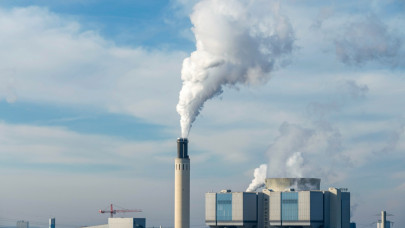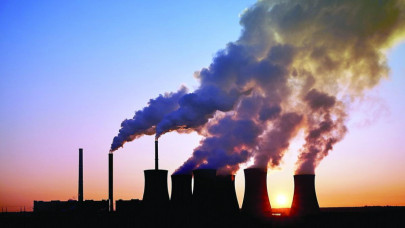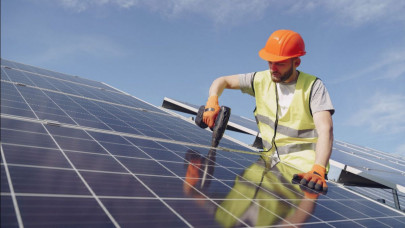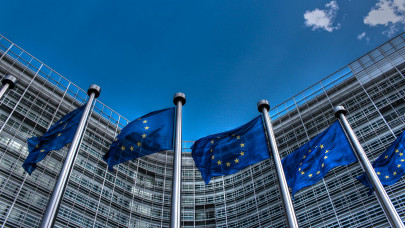363 MEPs voted in favor, 226 against and 46 abstained on the vote which sets a stricter 2035 limit and target values for several pollutants including particulate matter (PM2.5, PM10), NO2 (nitrogen dioxide), SO2 (sulfur dioxide) and O3 (ozone). The new rules would ensure air quality in the EU is not harmful to human health, natural ecosystems, and biodiversity and would align EU rules with the most recent World Health Organization (WHO) Air Quality Guidelines. MEPs also stress that the air quality standards proposed by the Commission should be an intermediate objective to be reached as soon as possible, and by 2030 at the latest.
The text underlines the need to increase the number of air quality sampling points. In urban areas, there should be at least one monitoring supersite per two million inhabitants that represents the exposure of the general urban population (the Commission proposed one per 10 million). In locations where high ultrafine particles (UFP), black carbon, mercury, and ammonia (NH3) concentrations are likely to occur, there should be one sampling point per one million inhabitants, higher than the Commission's originally proposed one per five million and then only for UFP.
MEPs want to harmonize currently fragmented and unintuitive air quality indices across the EU. Indices must be comparable, clear, and publically available, with hourly updates so citizens can protect themselves during high levels of air pollution (and before obligatory alert thresholds are reached). They shall be accompanied by information about symptoms associated with air pollution peaks and the associated health risks for each pollutant, including information tailored to vulnerable groups.
Parliament also wants citizens whose health is damaged to have a stronger right to compensation when the new rules are infringed.
MEPs propose that in addition to air quality plans, which are required when EU countries exceed limits, all member states would also have to create air quality roadmaps that set out short- and long-term measures in order to comply with the new limit values.
“Addressing air pollution in Europe demands immediate action. This slow-motion pandemic is taking a devastating toll on our society, leading to premature deaths and a multitude of cardiovascular and pulmonary diseases. We must follow the science, align our air quality standards with WHO guidelines, and boost some of the provisions in this directive. We need to be ambitious to safeguard the well-being of our citizens and create a cleaner and healthier environment”, says rapporteur Javi López (S&D, ES).
Parliament is now ready to start negotiations with the Council on the final shape of the law.
Air pollution continues to be the number one environmental cause of early death in the EU with around 300,000 premature deaths per year, with the most harmful being PM2.5, PM10, NO2, SO2, and O3, according to the EEA. In October 2022, the Commission proposed a revision of the EU air quality rules with more ambitious targets for 2030 to achieve the zero pollution objective by 2050 in line with the Zero Pollution Action Plan.
This legislation is responding to citizens' expectations concerning pollution and “greener” cities with lower emissions as well as raising awareness by providing regularly updated pollution information, as expressed in proposals 2(2), 4(6), and 6(1) of the conclusions of the Conference on the Future of Europe.













